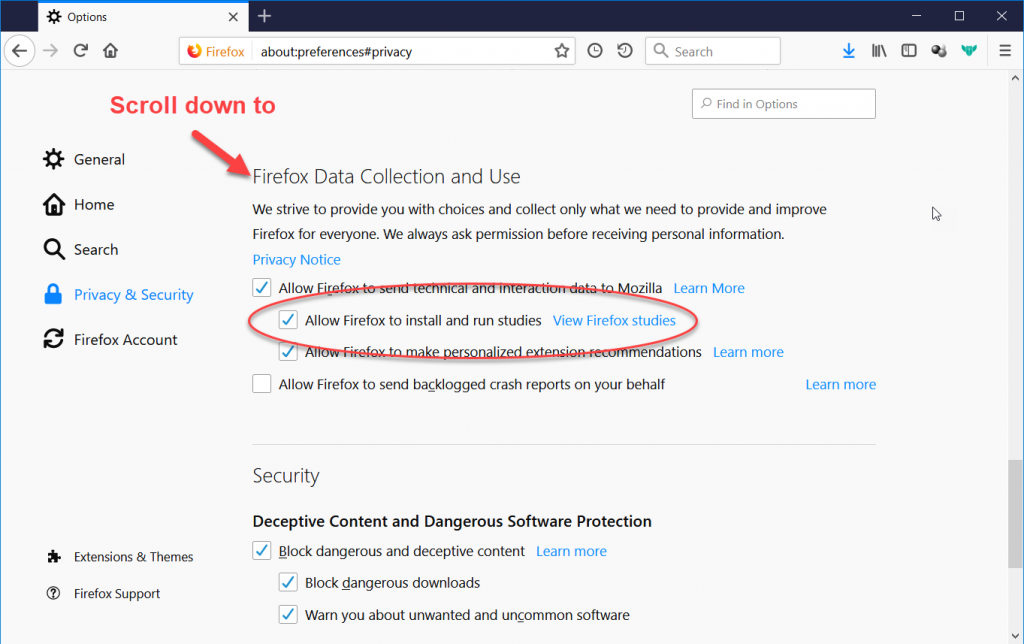
Stay under budget by uncovering hidden costs, monitoring increases in spend, and making impactful changes based on custom recommendations.
Discuss it on Product Hunt 🦄
Highlights
- Analyze and manage cloud cost, usage, security, and governance in one place.
- Control your usage and create visibility across all used services to achieve maximum cost-effectiveness.
- Detect potential vulnerabilities that could put your cloud environment at risk.
- Get a deep understanding of how you spend on the AWS, GCP and Azure.
Download
Below are the available downloads for the latest version of Komiser (2.0.0). Please download the proper package for your operating system and architecture.
Linux:
wget https://cli.komiser.io/2.0.0/linux/komiser
Windows:
wget https://cli.komiser.io/2.0.0/windows/komiser
Mac OS X:
wget https://cli.komiser.io/2.0.0/osx/komiser
Note: make sure to add the execution permission to Komiser chmod +x komiser
Docker:
docker run -d -p 3000:3000 --name komiser mlabouardy/komiser:2.0.0
How to use
AWS
- Create an IAM user with the following IAM policy:
wget https://s3.amazonaws.com/komiser/aws/policy.json
- Add your Access Key ID and Secret Access Key to ~/.aws/credentials using this format
[default]
aws_access_key_id = <access key id>
aws_secret_access_key = <secret access key>
region = <AWS region>
- That should be it. Try out the following from your command prompt to start the server:
komiser start --port 3000
Options
komiser start [OPTIONS]
--port value, -p value Server port (default: 3000)
--duration value, -d value Cache expiration time (default: 30 minutes)
--redis value, -r value Redis server (localhost:6379)
Configuring Credentials
When using the CLI you’ll generally need your AWS credentials to authenticate with AWS services. Komiser supports multiple methods of supporting these credentials. By default the CLI will source credentials automatically from its default credential chain.
-
Environment Credentials – Set of environment variables that are useful when sub processes are created for specific roles.
-
Shared Credentials file (~/.aws/credentials) – This file stores your credentials based on a profile name and is useful for local development.
-
EC2 Instance Role Credentials – Use EC2 Instance Role to assign credentials to application running on an EC2 instance. This removes the need to manage credential files in production.
Documentation
See our documentation on docs.komiser.io. The source repository for the documentation website is komiserio/docs.
Bugs and feature requests
Have a bug or a feature request? Please first read the issue guidelines and search for existing and closed issues. If your problem or idea is not addressed yet, please open a new issue.
Roadmap and contributing
Komiser is written in Golang and is MIT licensed – contributions are welcomed whether that means providing feedback or testing existing and new feature.
Versioning
We use SemVer for versioning. For the versions available, see the tags on this repository.









